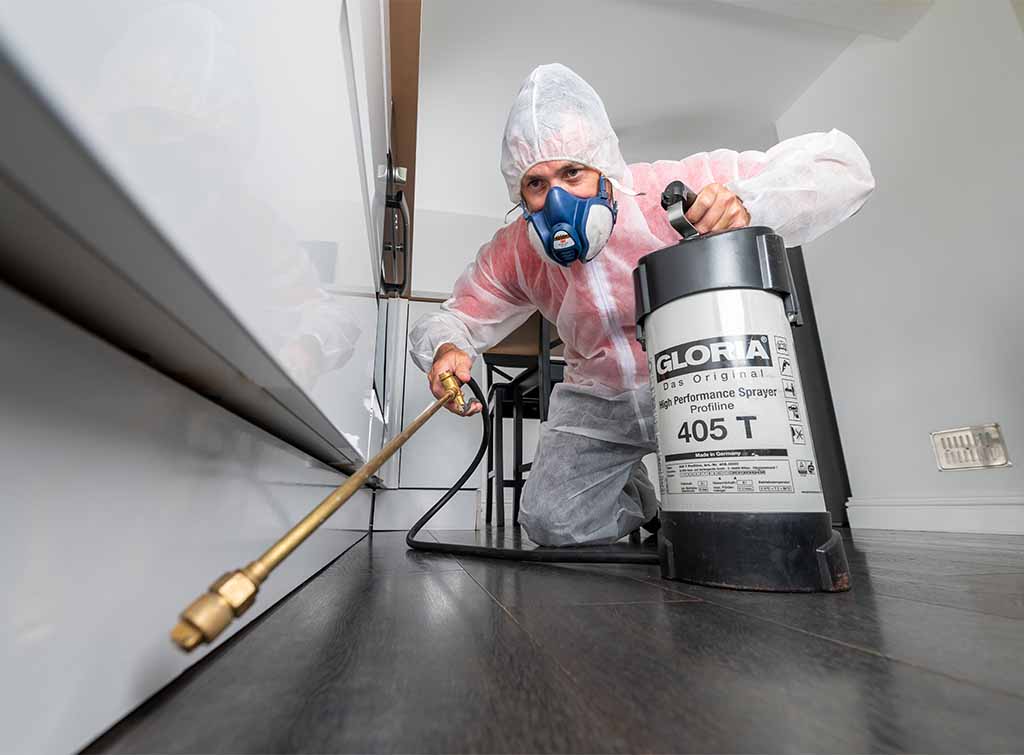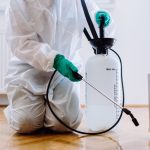Pest control is a major concern for many homeowners and businesses alike. From termites damaging your house to flies invading your store, pests can cause significant damage and disrupt daily activities. While traditional pest control methods involve the use of chemicals and pesticides, there is a growing trend towards organic pest management.
Organic pest management refers to the use of natural methods to control or prevent pests without the use of harmful chemicals. This approach not only protects our environment but also ensures the safety of our families, pets, and surrounding wildlife.
1. Identify the problem – The first step in any successful pest management strategy is to identify the type of pests you are dealing with. Different pests require different approaches for effective control, therefore correctly identifying them is crucial.
2. Keep it clean – Pests are often drawn to areas that provide them with food, water and shelter. So, make sure you keep your living spaces clean by regularly cleaning up spills or crumbs that may attract insects.
3.The power of plants – Certain plants have natural abilities to repel pests due to their odor or taste characteristics. Planting herbs such as rosemary or lavender around doorways or windows can help keep unwanted https://www.ecommercelocal.com.au/professional-organisations/warringah-mall-nsw insects at bay.
4.Biological controls- Introducing natural predators into your garden can help combat unwanted pests in a safe way without causing harm to other creatures or humans.
5.Backyard maintenance- Regularly mowing lawns can help reduce breeding grounds for insects such as ticks while removing standing water in pots prevents mosquitoes from laying eggs.
6.Use vinegar- A spray bottle filled with vinegar diluted with water can be an effective solution against ants since they cannot stand its strong odor.
7.Let in some sunlight-Insects love dark damp places like basements so ensure adequate ventilation by keeping windows open regularly which allows light rays into these areas .
8.Traps – Sticky traps containing pheromones and light traps can help monitor and control pests in confined spaces.
9.Homemade remedies- Some pantry items like cloves, pepper or salt can be used as pest deterrents. Sprinkle these ingredients around areas where you have spotted pests to prevent them from coming back.
10.Consult with a professional – If all else fails, consider consulting an organic pest control specialist who can offer tailored solutions to your specific problems while still avoiding the use of harmful chemicals.
In conclusion, organic pest management is a safer and more environmentally friendly alternative to traditional chemical-based methods. By following these tips, you can effectively control pests without risking the safety of your loved ones or harming the ecosystem. Remember that prevention is always better than cure so making small changes in our daily habits can go a long way in reducing the risk of pest infestations. Let’s make a conscious effort towards safe and sustainable pest control practices for the wellbeing of our homes and planet.




